Annex II.17 Replacement canteen services.
(Article 131, paragraph 6)
Article 1.
Scope and purpose.
1. This annex identifies the establishments where the substitute canteen service can be provided through meal vouchers, the characteristics of the meal vouchers and the content of the agreements stipulated between the companies issuing meal vouchers and the owners of the eligible establishments. , in order to guarantee free and effective competition in the sector, the balanced conduct of relationships between the various economic operators and an efficient service to consumers.
Article 2.
Definitions.
1. For the purposes of this annex, the following definitions apply:
a) the activity of issuing meal vouchers means the activity aimed at providing, through affiliated businesses, a substitute service for the company canteen;
b) for substitute canteen services rendered through meal vouchers, the supply of food and drinks and the sale of ready-to-eat food products carried out by traders, the activities listed in article 3;
c) for meal voucher, the legitimation document, also in electronic form, having the characteristics referred to in article 4, which gives the holder, pursuant to article 2002 of the civil code, the right to obtain the replacement service of the canteen for an amount equal to the face value of the voucher and, at the affiliated establishment, the means of proving the performance towards the issuing companies;
d) for issuing companies, the company which carries out the activity of issuing meal vouchers, authorized to do so, following a certified notification of commencement of activity certifying possession of the required requirements referred to in Article 131, paragraph 2, of the code, transmitted pursuant to Article 19 of the law 7 August 1990, n. 241, to the Ministry of Business and Made in Italy;
e) for affiliated businesses, the businesses where the subjects carry out the activities listed in article 3 pursuant to a specific agreement with the issuing company , provide the replacement canteen service;
f) for customer, the employer who purchases meal vouchers from the issuing company in order to provide the substitute canteen service to the subjects referred to in letter g);
g) by owner, the employee, full-time or part-time, as well as the person who has established a collaborative relationship with the customer, even if not subordinate, to whom, pursuant to the regulations in force and the collective labor agreements, assigned the meal vouchers and who, therefore, is entitled to use them;
h) by face value, the value of the service indicated on the meal voucher, including the value added tax referred to in article 6.
Article 3.
Establishments where it can be provided the replacement canteen service.
1. The substitute canteen service provided by means of meal vouchers referred to in article 2, paragraph 1, letter b), is provided by subjects authorized to exercise:
a) the administration of food and drinks pursuant to of law 25 August 1991, n. 287;
b) company and inter-company canteen activities;
c) the retail sale, both in a fixed location and in a public area, of products belonging to the food sector pursuant to Legislative Decree 31 March 1998, n. 114;
d) the retail sale in the production premises and in the adjacent premises of food products following registration in the register referred to in article 5, first paragraph, of law 8 August 1985, n. 443;
e) the retail sale and sale for on-site consumption of products from its own funds carried out, pursuant to article 4, paragraphs 1 and 8-bis, of the legislative decree 18 May 2001, n. 228, by agricultural entrepreneurs, direct farmers and simple companies carrying out agricultural activities, registered in the special section of the business register referred to in article 2188 et seq. of the civil code;
f) in scope of the agritourism activity referred to in law 20 February 2006, n. 96, the administration of meals and drinks, consisting mainly of its own products and products from farms in the area, at its own company;
g) in the context of the fishing tourism activity, the administration of meals consisting mainly of products deriving from fishing activities, pursuant to article 12, paragraph 1, of law no. 96 of 2006, by fish entrepreneurs;
h) the retail sale of food products, including processed ones, in premises adjacent to those of production in the case of entities carrying out industrial production activities.< /p>
2. For the purposes of the activities referred to in paragraph 1, the need to comply with the health and hygiene requirements prescribed by current legislation remains unchanged.
Article 4.
Characteristics of meal vouchers.
1. Pursuant to this annex, meal vouchers:
a) allow the holder to receive a substitute canteen service of an amount equal to the face value of the meal voucher;
b) allow the agreed exercise of documentally proving the performance of the service to the issuing companies;
c) are used exclusively by subordinate workers, full or part time, even if the working hours do not include a break for the meal, as well as by subjects who have established a collaborative relationship with the customer, even if not subordinate;
d) they are not transferable, nor cumulative beyond the limit of eight vouchers, nor marketable or convertible into cash and can only be used by the holder;
e) can only be used for the entire face value.
2. Paper meal vouchers must include:
a) the tax code or company name of the employer;
b) the company name and tax code of the issuing company ;
c) the face value expressed in current currency;
d) the time limit of use;
e) a space reserved for the affixing of the date of use, the signature of the holder and the stamp of the affiliated business where the meal voucher is used;
f) the words: «The meal voucher cannot be transferred or accumulated beyond the limit of eight vouchers , nor marketable or convertible into money; it can only be used if dated and signed by the owner".
3. In meal vouchers in electronic form:
a) the indications referred to in letters a), b), c) and d) of paragraph 2 are electronically associated with them during storage in the relevant carnet electronic;
b) the date of use of the meal voucher and the identification data of the affiliated business where it is used referred to in letter e) of paragraph 2, are electronically associated with the meal voucher currently being used;
c) the obligation of the holder of the meal voucher to sign is fulfilled by associating, in the meal voucher data stored on the relevant IT medium, a number or an identification code attributable to the holder himself;
< p>d) the wording referred to in letter f) of paragraph 2 is reported electronically.4. The issuing companies are required to adopt suitable anti-counterfeiting and traceability measures for the meal voucher.
Article 5.
Contents of the agreements.
1. The agreements stipulated between the companies issuing meal vouchers and the owners of the participating establishments contain the following elements:
a) the duration of the contract, the economic and economic conditions, and the notice period for any renegotiation or cancellation;
b) the usability clauses of the meal voucher, relating to the conditions of validity, limits of use and expiry terms, specified in an express and uniform manner;
c) the indication of the unconditional discount recognized to the issuing company by the owners of the affiliated businesses as a result of the use of meal vouchers at their premises;
d) the indication of the payment term that the issuing company is required to respect the affiliated businesses, in any case in compliance with the provisions of paragraph 6;
e) the indication of the deadline, not less than six months from the expiry date of the meal voucher, within which the affiliated business may demand payment for the services performed;
f) the indication of any additional fees recognized to the issuing company, including those for the performance of additional services offered, in compliance and within the limits referred to in paragraphs 7 and 8.
2. The agreements between the issuing company and the owners of the participating establishments however contemplate a basic offer, without additional services, suitable to ensure the customer a complete service, without prejudice to the former's freedom to also offer additional services to the eligible establishments. The tender notices conform to the provisions of the first period, requiring the submission of the aforementioned basic offer by the competitors.
3. The agreements stipulated between the issuing company and the owners of the participating establishments cannot deny the owners of the affiliated establishments at least partial payment of invoices relating to the meal vouchers presented for reimbursement in the event of partial disputes, regarding quantity or value, relating to the invoicing of the same .
4. The agreements referred to in this article are stipulated and can be modified, with specific acceptance of the parties, exclusively in written form, under penalty of nullity.
5. For the purposes of implementing paragraph 1, letter c), it is prohibited to agree with the affiliated businesses on an unconditional discount higher than that established by the issuing company at the time of the offer for the purpose of the award or at the time of conclusion of the contract with the customer . The unconditional discount remunerates all the activities necessary and sufficient for the correct process of acquisition, disbursement and invoicing of the meal voucher.
6. The provisions of Legislative Decree no. 9 October 2002 apply to the payment terms referred to in paragraph 1, letter d). 231.
7. In the context of the agreement contracts, for the purposes of participation in the tenders, as well as the assessment of the adequacy of the related economic offers, only those which consist of additional services with respect to the main object of the tender and have an objective and direct intrinsic connection with the object of the competition.
8. It is prohibited to charge affiliated merchants with costs other than the unconditional discount and fees for additional services or services that may be purchased.
9. The owners of the eligible businesses remain entitled not to accept the proposal for additional services.
10. In the event of failure to reach an agreement following non-adherence to the proposal for additional services, the applicability, where the conditions exist, of articles 1341 and 2598, first paragraph, number 3) of the civil code remains unaffected. In the case of a public procedure, agreements that provide for such an obligation to join, or in any case actually determine it, constitute grounds for termination of the contract between the contracting authority and the issuing company.
Article 6.
Final provisions.
1. The face value of the meal voucher includes the value added tax required for the supply of food and drinks to the public and the sale of ready-to-eat food products. The changes in value added tax leave the economic content of the contracts already stipulated unchanged, without prejudice to the freedom of the parties to reach appropriate renegotiations to re-establish the balance of the relationship.
2. The Ministry of Business and Made in Italy, in collaboration with the Ministry of Infrastructure and Transport and the National Anti-Corruption Authority, following specific consultations, monitors the effects of this annex in order to verify its effectiveness.






